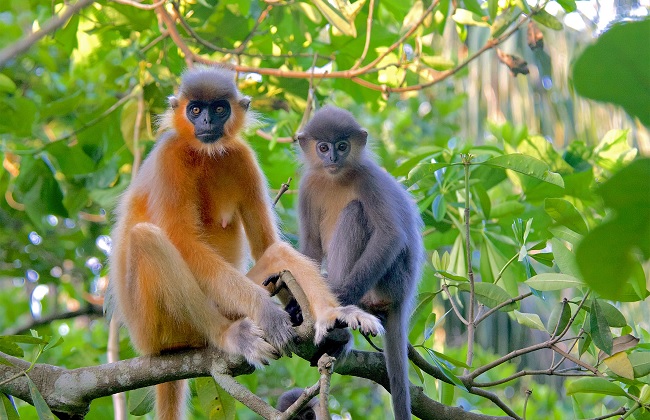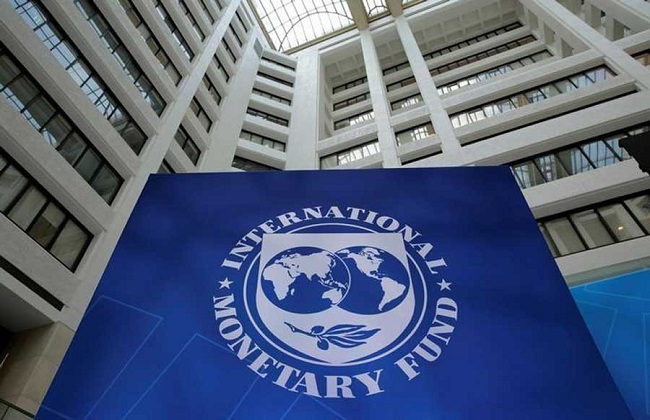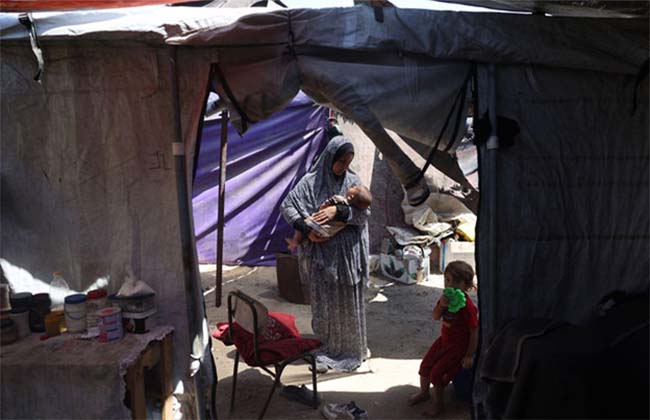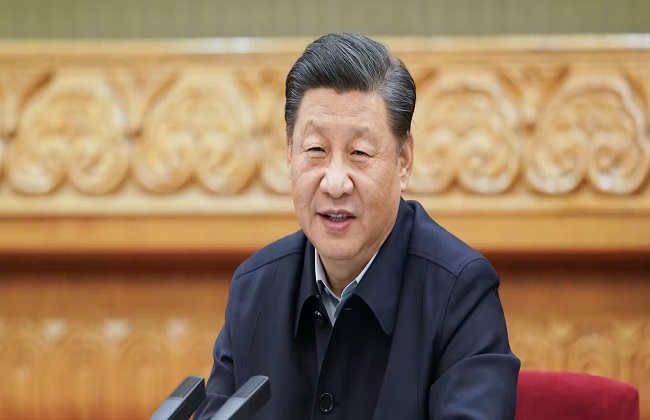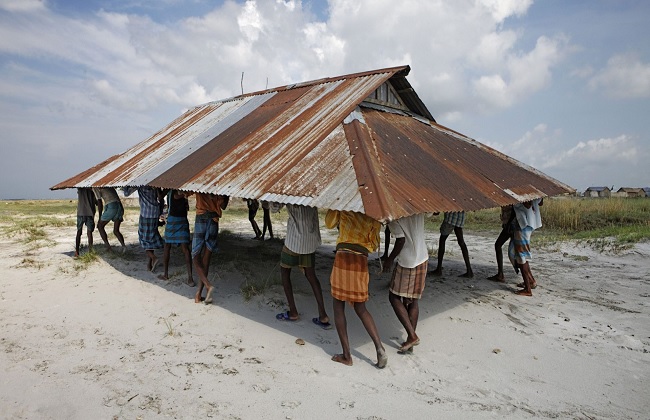A recent study revealed a troubling trend among the wild monkey population in Bangladesh’s northeastern forests. The study, conducted by the German Primate Centre, unveiled a concerning tendency of hybridization between Phayre’s langurs (Trachypithecus phayrei) and capped langurs (Trachypithecus pileatus), listed as critically endangered and endangered, respectively, within Bangladesh by
Article
IMF just made the case for its own irrelevance
On Friday the 11th, the IMF announced policy changes that will save developing countries $1.2 billion per year. Despite the self-congratulations and fanfare, these reforms are only a tiny fraction of what campaigners had been asking for — and an even smaller share of what the Global South needs. This month,
69 years of development in Gaza erased by Israel-Hamas War
The second of the polio vaccination campaign in Gaza has yielded relative success, as so far more than 420,000 children have been vaccinated since the second round of immunizations began one week prior. This exception stands out as the uptick in airstrikes and sustained blockages of aid give humanitarian organizations
Is COP16 our last chance to save nature?
As COP16 approaches, we have been reflecting on the state of our planet in 2024; the word “crisis” feels insufficient to describe the devastation we’re witnessing. Forests that once teemed with life are disappearing. Coral reefs, once vibrant and full of colour, are turning barren. Species are being driven from their
Intervention needed as commodities markets get volatile
The Bangladesh Bank (BB) and National Board of Revenue (NBR) should properly guide the government in short- and mid-term to stabilize the market as unrest of consumers over price hike has been noticed in recent times. Two successive deluges - at Feni, Noakhali and Cumilla in August - later at Sherpur,
What does China want from the next US president?
During a Taiwan National Day speech on October 10, Taiwanese president Lai Ching-te said that Taipei was determined to defend Taiwan’s sovereignty against “annexation and encroachment”, and emphasised that “China has no right to represent Taiwan”. China’s response was swift. Less than a week after Lai’s provocative speech, a record 153
Bangladesh communities on the frontline of climate change
Global warming has far-reaching effects, and certain countries, particularly those with low lying coastal regions, are more vulnerable than others. Bangladesh, the largest delta in the world, is at the forefront of the global warming crisis. Its coastal areas are increasingly exposed to rising sea levels, natural disasters, and salinization,
Biodiversity goal can be achieved in the southern ocean
COP16, the much-anticipated follow-up talks to the 2022 Kunming-Montreal Global Biodiversity Framework (GBF) agreement, which aims to reverse an alarming loss of nature on land and sea, opens in Cali, Colombia. Sometimes described as the “Paris Agreement for nature”, this legal framework agreed under the Chinese Presidency of the UN’s Convention
Sustainable Development Goals: A Pact for the World’s Poorest
What is the world’s most ‘Demanding and Impossible Job’?
When Dr Gamani Corea, a former Secretary-General of the Geneva-based UN Conference on Trade and Development (UNCTAD) was holding court in the delegate’s lounge, I asked him what he thought of the bitter dispute between then Secretary-General (SG) Boutros Boutros-Ghali (1992-1996) and the United States over the Egyptian’s determination to

